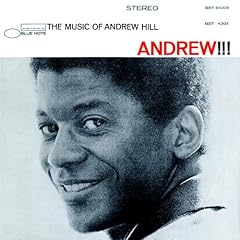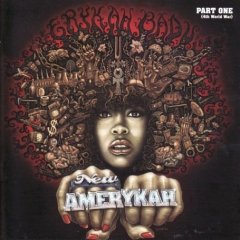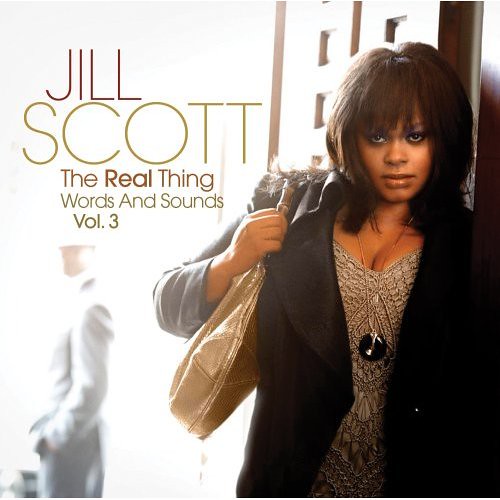Death Cab For Cutie — Narrow Stairs (Atlantic)

"I Will Possess Your Heart" set my expectations for this album somewhere in the lower stratosphere, so after one full listen, the fact that I'm absolutely satisfied with this album is quite an achievement. I got all excited last album when "Soul Meets Body" was the warm-up single and it was awesome. Then Plans came out and it was kind of boring. Competant, but boring. This album, besides a couple warmer, fuller, comfy productions that mirror the nearly over-produced backings of Plans, in a very stark contrast is kind of cold. More guitar-oriented than last record and just flat out bleak and depressing at some points (the one-two combo of "Grapevine Fires" and "Your New Twin Sized Bed" — what the hell, Ben?). It feels like the obsession with death and passing on that occupied much of Plans is hopeful in comparison to the creepy defeat that is detailed on this material. Arguably the band's darkest work yet and a fantastic return to form. Wow.
Sidebar: makes that Chris Walla record even more disappointing in retrospect.
The Roots — Rising Down (Def Jam)

I only just bought this because I was waiting to buy it on vinyl. If this had come after The Tipping Point, then it may be a little more of a jolt than it is. But coming hot on the heels of the super aggro and dark Game Theory, the blow has been softened a little. Just a little, though. The loss of Leonard Hubbard forces the group to look to an analogue synth to create prominent basslines, only upping the dissonance of those particular pieces. Where Game Theory offered a few moments to catch your breath with less aggressive moments, Rising Down is a solid fourty minutes of jugular gripping intensity. Besides the mood-lightening title track at the end, Game Theory feels mellow in comparison to this album. Very intense, very angry... musically, it's their best album since Things Fall Apart, but sounds nothing like that album. I guess if I were to compare it to another album besides Game Theory, I'd say it's closest companion would be illadelph halflife. But even that's not very accurate. Pretty good, in any case.
And, with all that being said, I have to say, in this day and with the record industry in the condition it is, it's amazing to see a couple of the most daring records in the past few years get released on major record labels. They both are very reflective of the increasingly intense and hopeless times we're currently living in; yet both easily ease the pain of every day living and help focus on the bright side. Ironically enough, both do that by confronting the darkest aspects of the deepest issues at hand: The Roots socially and economically speaking and Death Cab personally speaking. Kind of makes me really want to buy a lot more music.
Now, if only our current presidential administration hadn't fucked the economy, that might be possible. I had to pass on the new Cure single because of budget issues. It hurt.
Have a good day and check out these two wonderfully bleak records.
~Austin
















